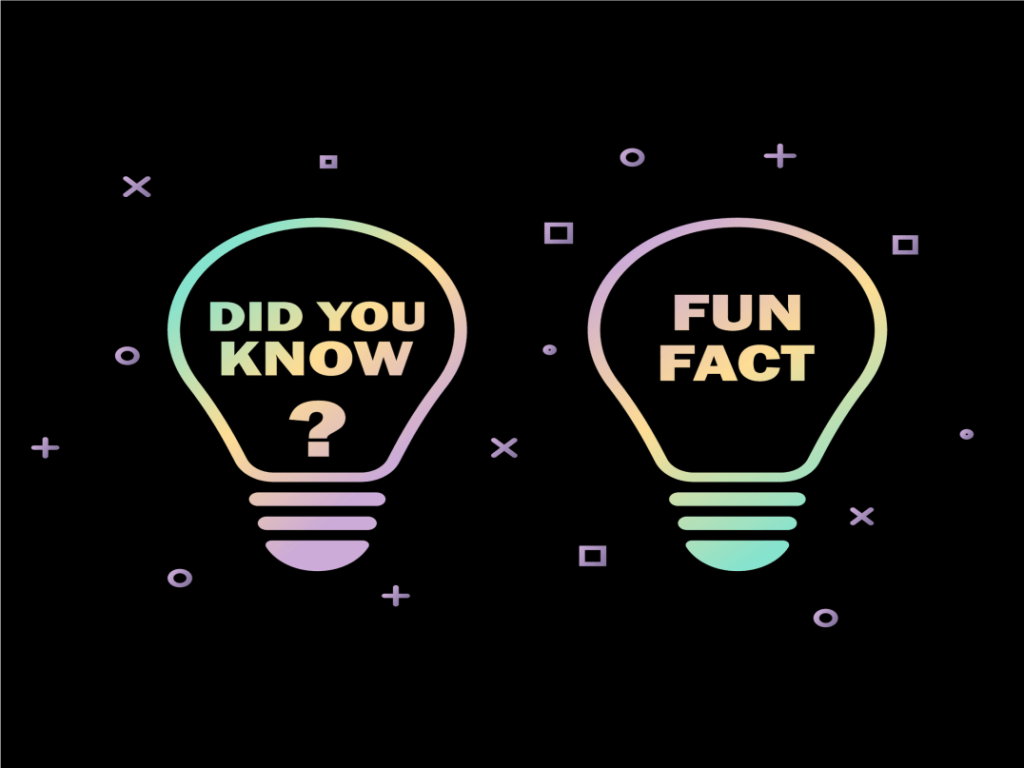Have you ever wondered about a single fact about the Arabic language? Beyond its elegant script and beautiful sounds, Arabic is full of fascinating secrets. This article will take you on a journey to discover surprising facts about the Arabic language, exploring its history, structure, and global impact. By the end, you will understand what makes Arabic unique? and see why learning it is a rewarding journey.
Fact about the Arabic Language: What is the Arabic language?
Arabic is a Semitic language that originated in the Arabian Peninsula. As the language of the Quran, it holds a central place in the culture and religion of the Arab world. With over 400 million native and non-native speakers, it is one of the most widely spoken languages in the world. It is the fifth most-spoken language globally and one of the six official languages of the United Nations.
- What Language Do Arabs speak? Arabs speak both Modern Standard Arabic (MSA), used in formal settings, and a local dialect for daily conversation.
Arabic Language Facts: A Look at its Structure
The structure of Arabic is unlike many European languages, which is part of what makes it so interesting.
- Words are Constructed Based on a Three-Letter Root System: A vast number of Arabic words are built from a three-letter root that conveys a core meaning. For example, the root ك-ت-ب (k-t-b) is related to writing. From this root, you can form words like:
- كتاب (kitab) – book
- كاتب (katib) – writer
- مكتب (maktab) – office or desk
- مكتبة (maktaba) – library or bookstore
- There are no Capital Letters in Arabic: Unlike English, the Arabic alphabet does not have capital letters. Words are written in a connected script, where the shape of a letter changes depending on its position in a word (beginning, middle, or end).
- Arabic is Written and Read from Right to Left: The entire script, including books and sentences, flows from right to left. However, Arabic Numbers are Written from Left to Right, just as they are in English.
- Arabic Contains Only 3 Vowel Sounds: While English has many vowel sounds, Arabic has only three short vowels (a, u, i) and three long vowels (ā, ū, ī). This simplicity can be a relief for new learners.
The Human Side of the Arabic Language
Beyond its grammar, Arabic has a poetic and expressive side that reflects the richness of Arab culture.
- Arabic Can Be Incredibly Difficult to Directly Translate: The complexity of the root system and the deep cultural meaning behind words mean that a direct translation often misses the full nuance. This makes Arabic Can Be Incredibly Difficult to Directly Translate.
- There are Over 24 Different Words for Love: Arabic has a famously rich vocabulary for love, with words that describe different stages and intensities of affection, from a simple liking to a deep, passionate love.
- There are 30 Distinct Dialects: While MSA provides a common foundation, Arabs speak dozens of different dialects. These can vary significantly from one country to another, so learning a specific dialect like Egyptian or Levantine is essential for real communication.
More Fun Facts About Arabic
- Hundreds of Words for Camel: Just as Arabic has a rich vocabulary for love, it has hundreds of words to describe a camel, each with a specific meaning. This shows the cultural significance of the animal in the desert environment.
- Sounds Not Found in English: Arabic has several unique sounds, particularly those formed in the throat, that do not exist in English. For example, the sounds ع (ayn) and ح (haa) can be challenging for non-native speakers.
- No “P” Sound: The Arabic alphabet does not have a letter for the “p” sound. When Arabs say words like “pizza” or “Pepsi,” they pronounce them with a “b” sound instead.
- Arabic Calligraphy is an Art Form: The beautiful, flowing script of the Arabic alphabet is considered one of the highest forms of art in the Arab world. . Calligraphers spend years perfecting their craft, and their work adorns everything from mosques to books.
- History of Arabic Language: Arabic is a very old language. The earliest known examples of Arabic writing date back over 1,500 years.
The Global Influence of the Arabic Language
Arabic has had a significant impact on other languages, particularly English.
- Many English Words have Arabic Origins: A surprising number of English words, especially in science, food, and daily life, come from Arabic. For example:
- Science: Algebra, algorithm, and zero
- Food: Coffee, sugar, and syrup
- Daily life: Sofa, magazine, and cotton
- Fun surprises: Words like mattress (مطرح – matrah), ghoul (غول – ghul), and assassin (حشاشين – hashāshīn) also have Arabic roots.
- The Closest Language to Arabic: As a Semitic language, Arabic is most closely related to Hebrew and Aramaic. They share similar grammatical structures and vocabulary.
- Arabian vs Arabic: The term Arabian vs Arabic can be a source of confusion. “Arabic” refers to the language and culture, while “Arabian” refers to the Arabian Peninsula and its people.
The Best Way to Learn Arabic
Learning Arabic may seem like a challenge, but with the right approach, it’s an incredibly rewarding experience. The key is to start with the basics, practice consistently, and immerse yourself in the language and culture. A good way to start is to use a language learning app like the Kaleela app.



